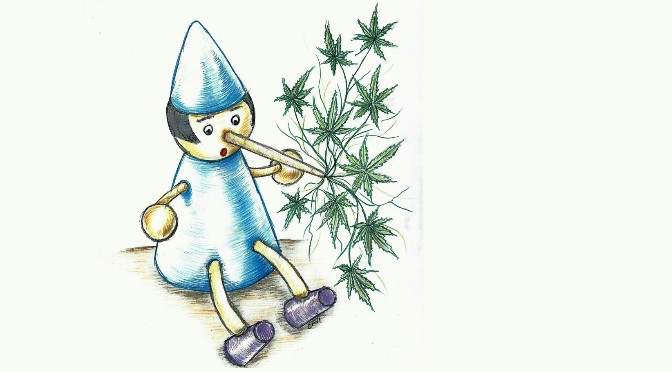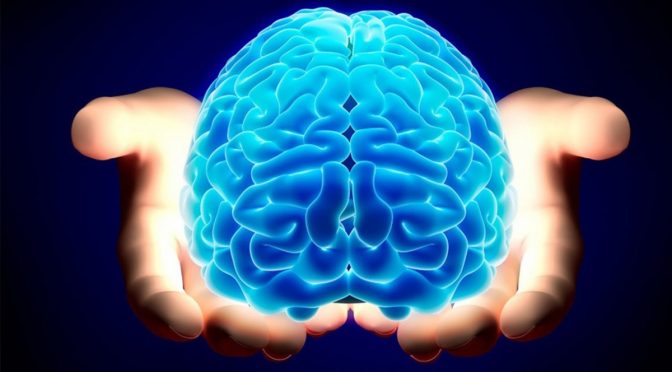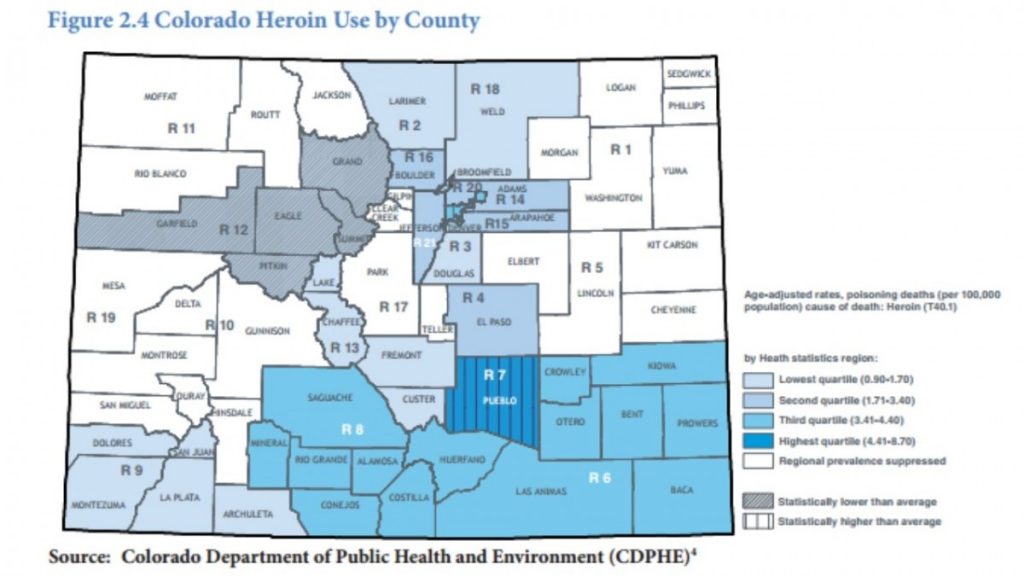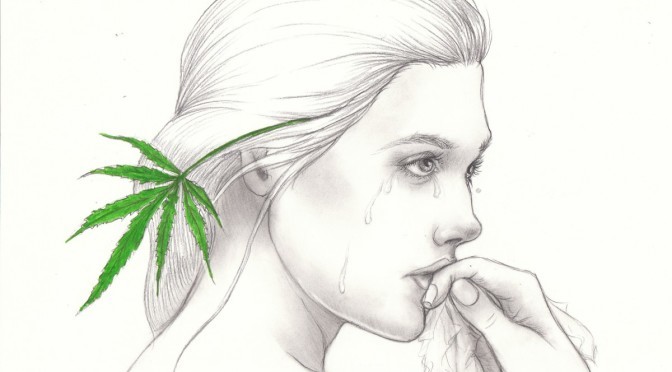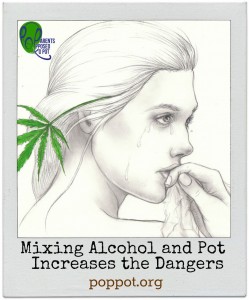These claims aren’t based on fact, but they’re propaganda points commonly used to get public support for legalization.
- Marijuana needs to be rescheduled in order to explore its medical properties. (The National Academy of Medicine Report of 2017 considered at 10,000 scientific abstracts to reach 100 conclusions. There’s no shortage of research studies on marijuana.)
- Marijuana is safer than alcohol. (The risks of marijuana use are somewhat different from those of alcohol. Seth Leibsohn’s article, When a Lie Travels, demonstrates why it’s inappropriate to compare these two substances. Both are dangerous, but marijuana is far more toxic to the brain than alcohol. Keeping marijuana illegal keeps usage down which is a form of “harm reduction.”)
Strangely, pot advocates often talk about the dangers of alcohol as a reason to legalize marijuana.
- Legalization is “inevitable.” (In 2019, nine state legislatures rejected the legalization and commercialization of marijuana.)
- Millions of people are in jail for possessing small amounts of marijuana. (The number of people in federal and state prisons for minor marijuana infractions is less than 1%. There is truth to the claim that blacks and Hispanics are treated more harshly by the criminal justice system. True before and after legalization, this issue cannot be resolved by legalization and it isn’t limited to drug policy.)
Not good substitute for opioids
- Marijuana can be used to replace opioids and solve the current opioid addiction crisis. (No, any marijuana use primes the brain for more addiction, especially in youth. Pain patients who also use marijuana are less likely to get off opioids.)
- The black market goes away when states legalize marijuana. (Black markets increase after legalization, and even in-state buyers continue to buy on the black market.)
- Legalizing marijuana frees police to concentrate on more serious crimes. (FBI data from the first four states to legalize, Colorado, Washington, Alaska and Oregon, shows that crime increases significantly after legalization. Those four states had about 450 murders and 30,300 aggravated assaults in 2013. In 2018, they had almost 620 murders and 38,000 aggravated assaults—an increase of 37 percent for murders and 25 percent for aggravated assaults, far greater than the national increase.
- Regulation works. (Despite the fact that states have costly regulatory bodies, much dispensary marijuana is tainted with mold, fungus and pesticides. Some of the vaping illnesses and deaths can be traced to legal, regulated marijuana stores. In other words, it’s not only bootleg marijuana vapes that are causing deaths.)
Not a tax windfall
- Legalized marijuana brings billions of tax dollars into the states that have legalized. (In all the states that have legalized, marijuana tax money represents less than 1% of state revenue. We don’t have detailed analysis of the social costs: crashes, traffic deaths, butane hash oil explosions, mental health and emergency room costs related to cannabis.) States that have legalized faced a huge increase in homelessness.
- People do not drive better under the influence of marijuana, as pot advocates claim. (Traffic deaths rose in the first states to legalize marijuana. Although data is preliminary, insurance company statistics suggest this outcome, too. Mixing marijuana and alcohol, and multi-drug impairment is a rising problem that coincides with marijuana legalization. Drugged driving surpassed drunk driving as a cause of traffic deaths a few years ago. Marijuana is the number one drug associated with drugged driving.)
- Marijuana isn’t addictive. (Roughly 30% of regular marijuana users in the US are classified as having a cannabis use disorder, versus 10-20% of alcohol users. A study from UC Davis found that adults dependent on cannabis had more financial and social problems than those dependent on alcohol. Addiction studies show that 9% of adult users and 17% of those who begin pot use as adolescents become addicted. These statistics come from the last century and don’t account for today’s high potency cannabis.)
The most devious lie
- Marijuana never killed anyone. The most pernicious lie is that marijuana never killed anyone, which advocates repeat because marijuana doesn’t cause overdose deaths by crossing the blood-brain barrier. (In addition to those killed by marijuana-impaired drivers, we have a long list of those whose marijuana use caused mental illness and led to other drugs or suicide. Young people have also died from cannabis hyperemesis syndrome, heart arrhythmia and from vaping marijuana. Not to mention when people do foolish and stupid things when under the influence, causing accidental death.)
When asked in polls, about 65% of the people claim to favor legalization, but these polls don’t ask about decriminalization. When polls ask about decriminalization, the answers change.
The Drug Policy Alliance, an organization at the forefront of drug policy reform, pushes for the legalization of all drugs.

